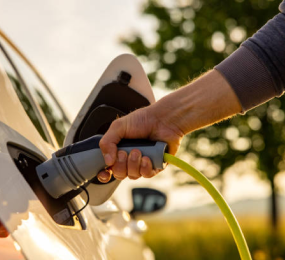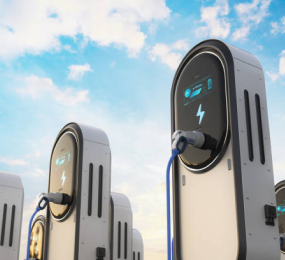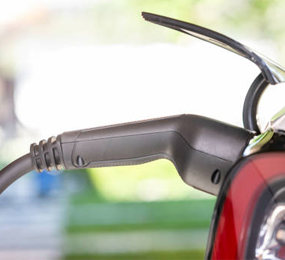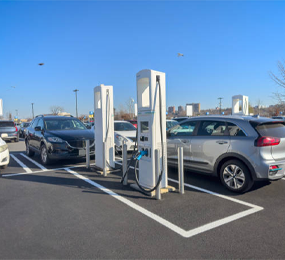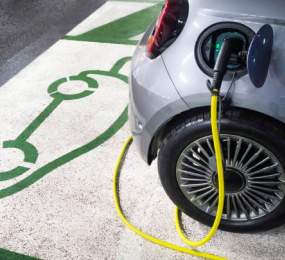The Rise of Electric Two- and Three-Wheelers in Africa
African cities are experiencing a remarkable surge in the adoption of electric two- and three-wheelers, positioning these vehicles as key players in the continent's evolving urban mobility landscape. Driven by the twin imperatives of affordable transportation and environmental sustainability, electric motorcycles (often used as "boda-bodas" or "okadas") and three-wheeled rickshaws ("tuk-tuks") are rapidly gaining traction, offering a compelling alternative to traditional fossil-fuel-powered models.
A significant catalyst for this rise is the substantial reduction in operational costs. With fluctuating and often high fuel prices across the continent, the lower "fueling" (electricity) and maintenance expenses associated with electric vehicles translate directly into increased profits for commercial riders, many of whom rely on these vehicles for their livelihoods. This economic advantage is particularly attractive in countries like Kenya, Nigeria, and Uganda, where two- and three-wheelers form the backbone of informal public transport systems.
Beyond the economic appeal, the environmental benefits are profound. The shift to electric mobility directly addresses pressing issues of urban air pollution and noise, leading to healthier living environments in densely populated areas. Furthermore, the development of local assembly plants and battery swapping infrastructure is creating new job opportunities, fostering a nascent green economy, and reducing reliance on imported vehicles and fuels. This supports national energy security and local industrialization efforts.
While challenges remain, including the initial high upfront cost of electric vehicles, concerns about battery range, and the need for expanded charging infrastructure, innovative solutions like battery-as-a-service (BaaS) models and solar-powered charging stations are emerging to bridge these gaps. The rapid growth of electric two- and three-wheelers in Africa represents not just a transportation shift, but a significant step towards more sustainable, efficient, and economically empowering urban futures.
Visit our website to know more: https://www.leadventgrp.com/events/e-mobility-and-infrastructure-africa-summit/details
For more information and group participation, contact us: [email protected]
Leadvent Group - Industry Leading Events for Business Leaders!


